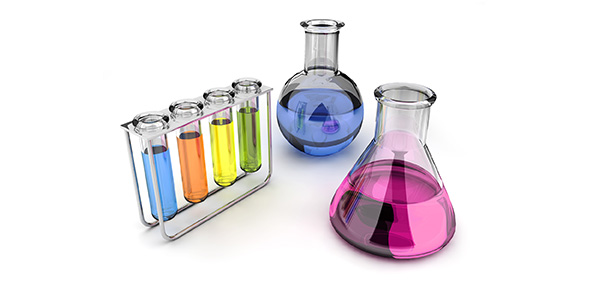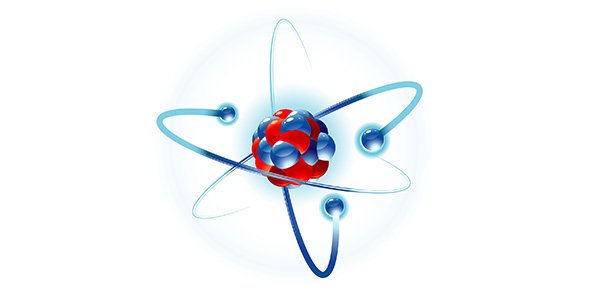Related Flashcards
Related Topics
Cards In This Set
| Front | Back |
|
Anything that has mass and occupies space
|
Matter
|
|
O Study of composition of matter and changes that matter undergoes
|
Chemistry
|
|
O Study of chemicals that don’t contain carbon
|
Inorganic Chemistry
|
|
O Study of all chemicals containing carbon
|
Organic Chemistry
|
|
O Study of the processes that take place in organisms
|
Biochemistry
|
|
O Area of study that focuses on composition of matter
|
Analytical Chemistry
|
|
O Deals with mechaniam, rate and energy transfer that occurs when matter changes
|
Physical Chemistry
|
|
O Pursuit of chemical knowledge for its own sake
|
Pure Chemistry
|
|
O Research directed toward a practical goal or application
|
Applied Chemistry
|
|
O Means by which society provides members with those things needed or desired
|
Technology
|
|
ü Why is the scope of chemistry so vast?
|
O Living and nonliving things are made of matter, chemistry affects all aspects of life and most natural events.
|
|
ü What are five traditional areas of study in chemistry?
|
O Organic
o Inorganic
o Biochemistry
o Analytical
|
|
O Applies science to production of biological products or processes
|
ü Biotechnology
|
|
ü What impact do chemists have on materials, energy, medicine, agriculture, the environment, and the study of the universe?
|
O Materials: chemists design materials to fit needs
o Energy: chemists play an essential role on finding, conserving energy, produce energy, and store energy
o Medicine: chemists supplies the medicine and technology that doctors use to treat patientsAgriculture: chemists have helped develop more productive crops and safer, quicker ways to produce
|
|
O Logical systematic approach to solution of scientific problem
|
ü Scientific method
|





